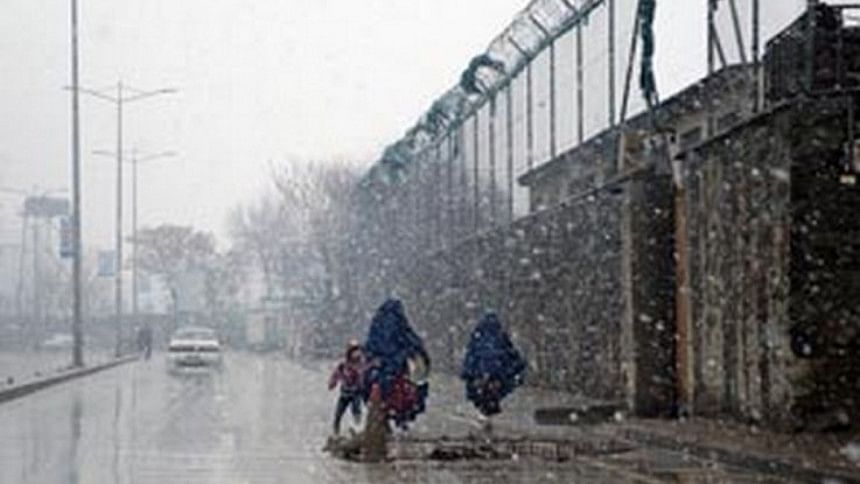Avalanches in Afghanistan kill 90

A series of avalanches has struck north of the Afghan capital, Kabul, leaving at least 90 dead, officials have said.
Heavy snow in recent days in Panjshir province and the Salang Pass has blocked roads, cut off villages and caused several avalanches.
Acting provincial governor Abdul Rahman Kabiri told the BBC that at least 100 homes had been destroyed.
Avalanches are relatively common in the area, with dozens dying in major incidents in 2010 and 2012.
But the governor said Panjshir province had not seen avalanches on this level for three decades.
Some reports describe local people digging through the snow with their bare hands in the struggle to rescue the trapped.
Officials say rescue efforts have been hampered by the treacherous conditions.
Most of the deaths have happened in remote areas, meaning the death toll is likely to continue rising as rescue teams reach more areas.
The deluge of snow came after a relatively mild and dry winter.

 For all latest news, follow The Daily Star's Google News channel.
For all latest news, follow The Daily Star's Google News channel. 



Comments